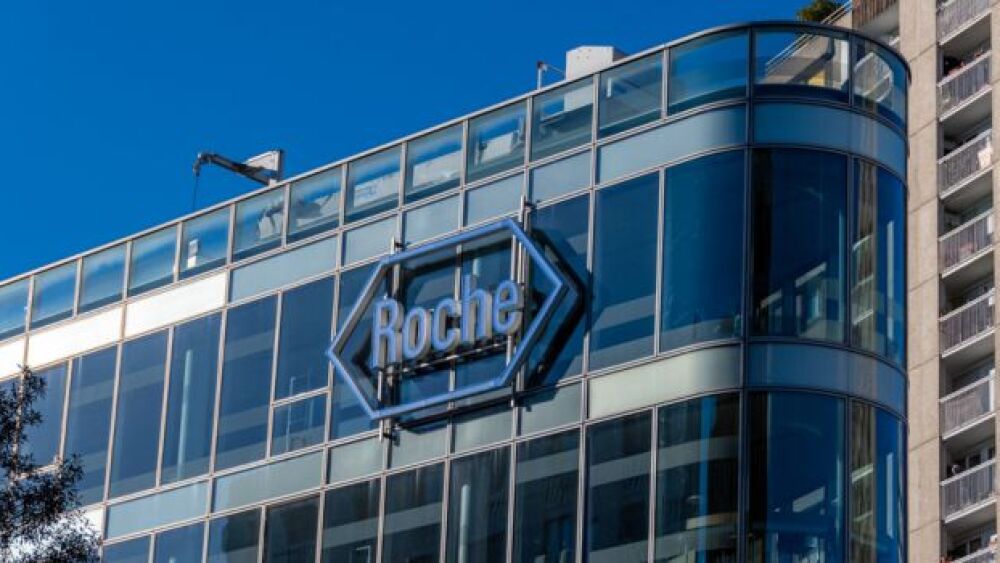A single, intravenous administration of a novel AAV capsid provided up to 100-fold increase in gene transfer to the central nervous system in a preclinical model compared to the historical standard AAV9
Key translational studies are underway by Voyager to evaluate this and other novel AAV capsids in non-human primates
CAMBRIDGE, Mass., July 17, 2017 (GLOBE NEWSWIRE) -- Voyager Therapeutics, Inc. (NASDAQ:VYGR), a clinical-stage gene therapy company developing life-changing treatments for severe neurological diseases, today announced the publication in Nature Neuroscience (link to publication) of new preclinical data from ongoing efforts of Dr. Benjamin Deverman, Professor Viviana Gradinaru and the Gradinaru Laboratory at the California Institute of Technology (Caltech) to develop novel adeno-associated viral (AAV) capsids that efficiently cross the blood-brain barrier and widely transduce, or transfer, genes into the central nervous system (CNS) after intravenous administration. From these efforts, a new, second-generation AAV capsid provided up to a 100-fold increase in the transduction of the CNS in an adult preclinical model over the historical standard, AAV9, as compared with the first-generation capsid reported last year1 by the Gradinaru group that provided a more than 40-fold improvement over AAV9.
“The ongoing work by Dr. Deverman, Professor Gradinaru and the Gradinaru Laboratory at Caltech continues to generate exciting AAV variant capsids for application to the treatment of CNS diseases,” said Dinah Sah, Ph.D., chief scientific officer at Voyager Therapeutics. “Key translational studies in non-human primates are underway by Voyager to evaluate these AAV variant capsids that have the potential to transform our ability to deliver gene therapies to the CNS. We are pleased to be partnered with the Gradinaru group at Caltech to further advance this technology.”
Voyager obtained a co-exclusive license to the Caltech novel AAV capsids, intellectual property and related technology in September 2016. The license agreement covers all fields of use and includes novel AAV capsids that have demonstrated enhanced crossing of the blood-brain barrier for the potential treatment of CNS diseases following systemic administration of an AAV gene therapy vector.
About Voyager Therapeutics
Voyager Therapeutics is a clinical-stage gene therapy company developing life-changing treatments for severe neurological diseases. Voyager is committed to advancing the field of AAV gene therapy through innovation and investment in vector engineering and optimization, manufacturing and dosing and delivery techniques. The company’s pipeline focuses on severe neurological diseases in need of effective new therapies, including advanced Parkinson’s disease, a monogenic form of ALS, Huntington’s disease, Friedreich’s ataxia, frontotemporal dementia, Alzheimer’s disease and severe, chronic pain. Voyager has broad strategic collaborations with Sanofi Genzyme, the specialty care global business unit of Sanofi, and the University of Massachusetts Medical School. Founded by scientific and clinical leaders in the fields of AAV gene therapy, expressed RNA interference and neuroscience, Voyager Therapeutics is headquartered in Cambridge, Massachusetts. For more information, please visit www.voyagertherapeutics.com. Follow Voyager on LinkedIn.
Forward-Looking Statements
This press release contains forward-looking statements for the purposes of the safe harbor provisions under The Private Securities Litigation Reform Act of 1995 and other federal securities law. The use of words such as “may,” “might,” “will,” “should,” “expect,” “plan,” “anticipate,” “believe,” “estimate,” “undoubtedly,” “project,” “intend,” “future,” “potential,” or “continue,” and other similar expressions are intended to identify forward-looking statements. For example, all statements Voyager makes regarding the initiation, timing, progress and reporting of results of its preclinical programs and clinical trials and its research and development programs, its ability to deliver gene therapy to the CNS, its ability to advance its AAV-based gene therapies into, and successfully complete, clinical trials, and its ability to continue to develop its product engine, are forward looking. All forward-looking statements are based on estimates and assumptions by Voyager’s management that, although Voyager believes to be reasonable, are inherently uncertain. All forward-looking statements are subject to risks and uncertainties that may cause actual results to differ materially from those that Voyager expected. These statements are also subject to a number of material risks and uncertainties that are described in Voyager’s most recent Annual Report on Form 10-K filed with the Securities and Exchange Commission, as updated by its future filings with the Securities and Exchange Commission. Any forward-looking statement speaks only as of the date on which it was made. Voyager undertakes no obligation to publicly update or revise any forward-looking statement, whether as a result of new information, future events or otherwise, except as required by law.
_____________________
1 Deverman, BE, et al. (February 2016) Nature Biotechnology 34 (2): 204-211




